Importance of Induction Hardening in Heat Treatment
Induction hardening is a critical surface heat treatment process for metals, widely used in the manufacturing of mechanical parts. Its purpose is to enhance the surface hardness and wear resistance of the workpiece, extending its service life and improving performance. In this process, the induction hardening machine plays an indispensable role as the core equipment for achieving surface hardening.
Through electromagnetic induction, the metal workpiece is locally heated and then rapidly cooled to form a hardened layer on the surface. Compared to traditional heat treatment methods, induction hardening can precisely control the heating layer depth and temperature, making it an indispensable intelligent heat treatment solution in modern manufacturing.
Technical Features and Advantages of Induction Hardening Machines
As a mature induction heating equipment manufacturer, JKZ company offers induction hardening machine in various frequency and power ranges, suitable for metal workpieces of different shapes, sizes, and hardening requirements. Their equipment range includes:
Medium frequency (1-10KHZ)
Ultrasonic frequency (15-30KHZ)
High frequency (30-60KHZ)
Ultra-high frequency (50-120KHZ)
The power ranges from 7.5KW to 600KW, capable of processing workpieces with a diameter of up to 2000mm and a hardening layer depth range of 1 to 20mm. These machines can work in tandem with CNC/PLC controlled scanning systems, precisely regulating:
Therefore, whether in standard production or the processing of complex parts, induction hardening machines can provide highly consistent and reproducible heat treatment results.
Advantages of Induction Hardening Compared to Traditional Carburizing Quenching
Compared to traditional batch carburizing quenching methods, induction hardening has the following significant advantages:
Precise control for single piece processing
Carburizing relies on process environment control with poor repeatability, while induction hardening handles each piece individually, with parameters fully adjustable and replicable.
Strong integration with production lines
Induction hardening can be directly integrated into automated production lines, enhancing production efficiency, whereas carburizing often requires separate processes, complicating logistics.
Suitable for complex geometrical workpieces
With specially designed coils and custom frequencies, even workpieces with complex shapes can achieve ideal hardening layer results.
Eco-friendly and efficient
Induction heating produces no open flames or exhaust gases, has low energy consumption, and is safe and environmentally friendly.
With its high level of intelligent control, high efficiency, and eco-friendly characteristics, induction hardening machines are gradually replacing traditional heat treatment methods, becoming core equipment in the industrial heat treatment field. Whether it's for large-scale standard parts or critical components with complex shapes, induction hardening technology can provide stable, precise, and controllable processing results, making it an essential high-end piece of equipment for modern manufacturing enterprises.

 en
en  cn
cn  jp
jp  ko
ko  de
de  es
es  it
it  ru
ru  pt
pt  th
th  vi
vi  pl
pl 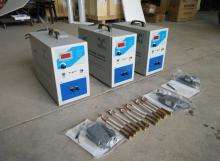
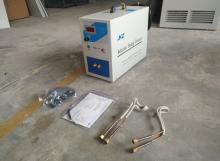
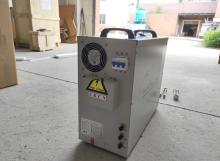
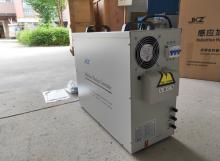
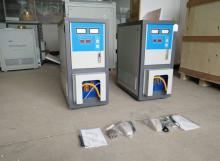
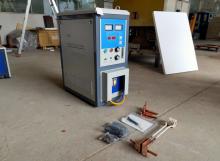
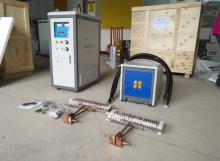
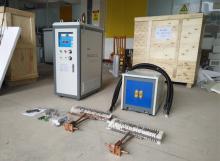
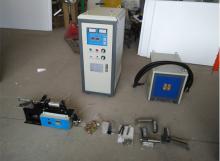
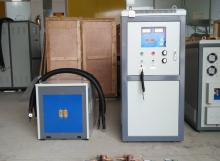
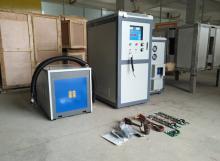
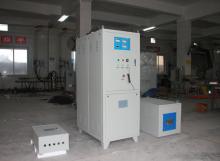
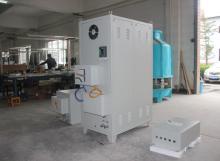
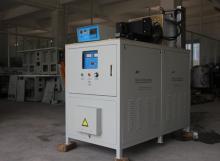
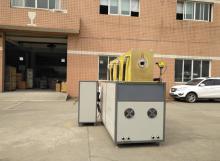
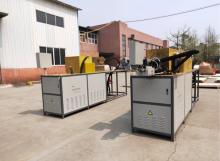
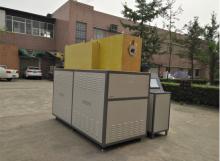
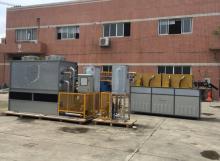
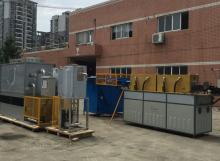
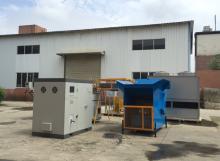
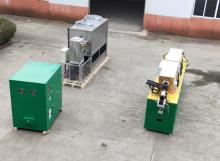
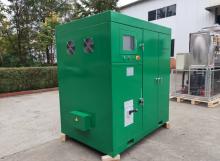
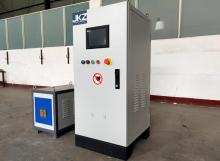
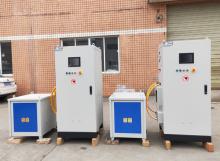
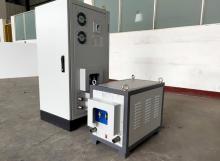
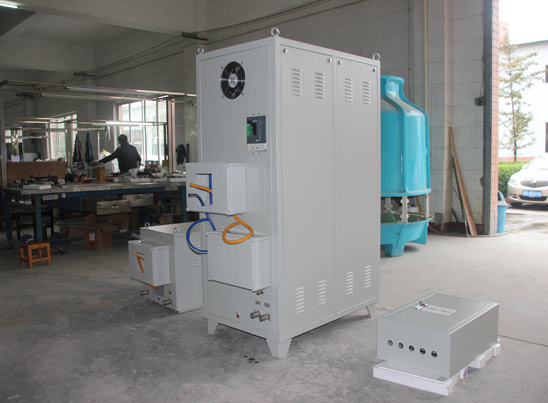
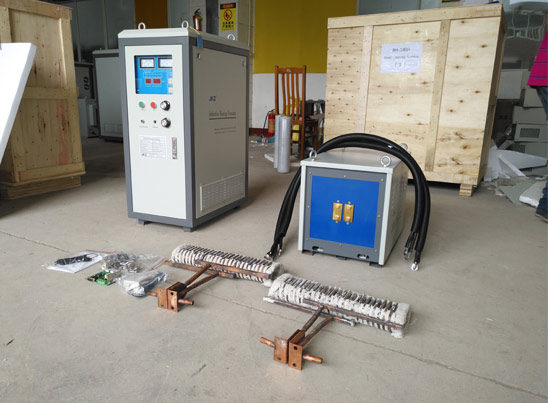
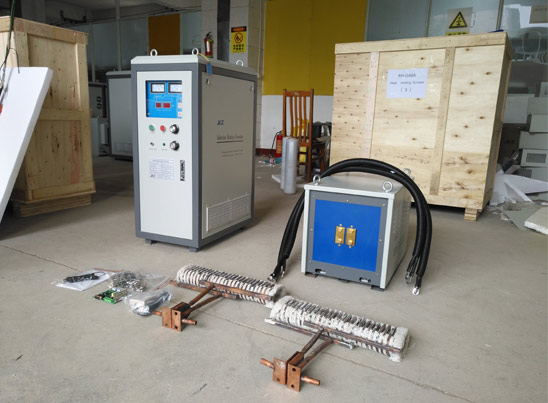
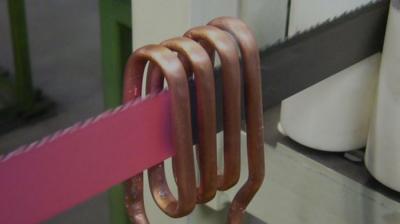



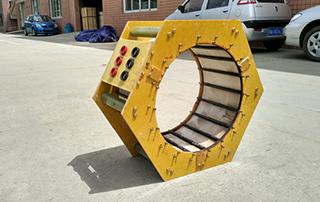
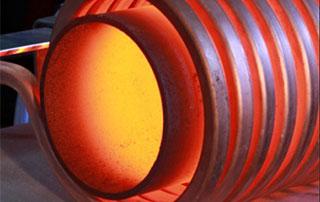
 Call us on:
Call us on:  Email Us:
Email Us:  NO. 688th South Baoguang Road, Xindu District, Chengdu City, Sichuan Province, China
NO. 688th South Baoguang Road, Xindu District, Chengdu City, Sichuan Province, China